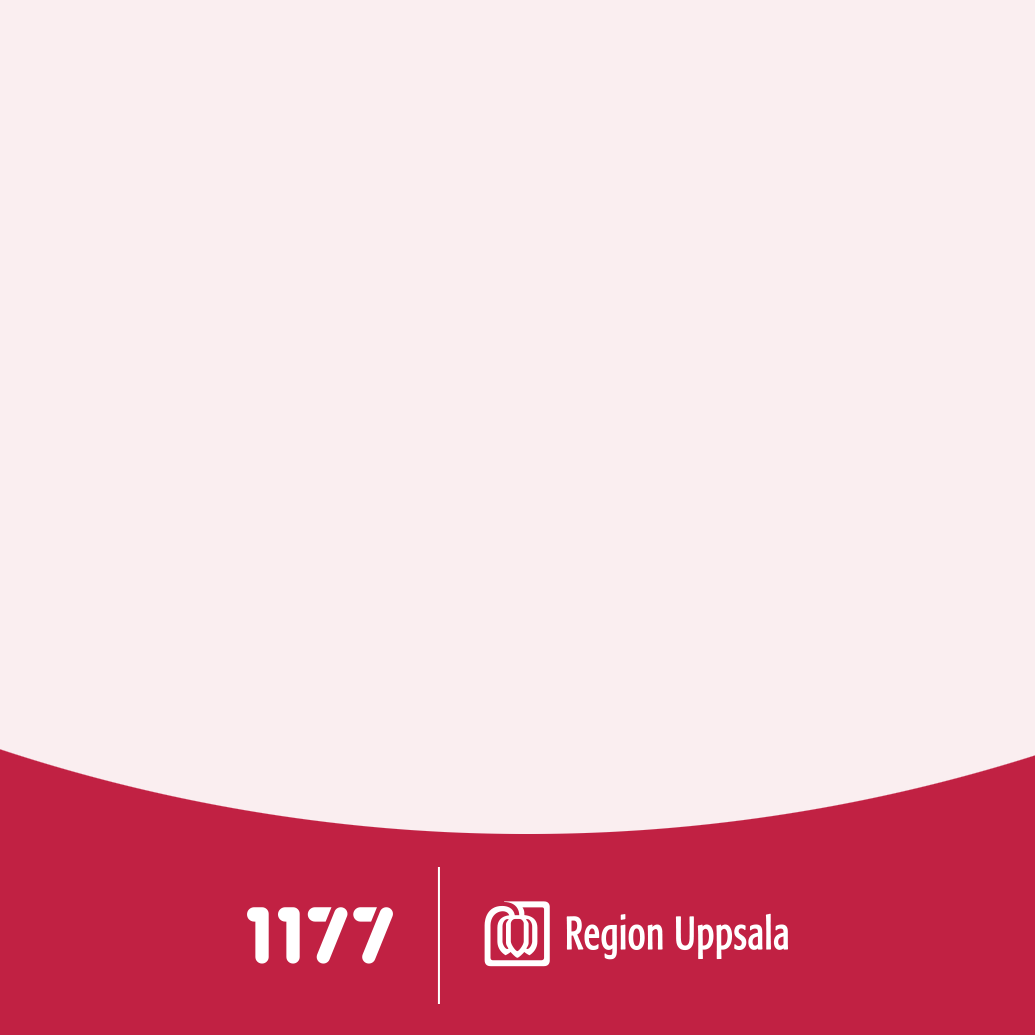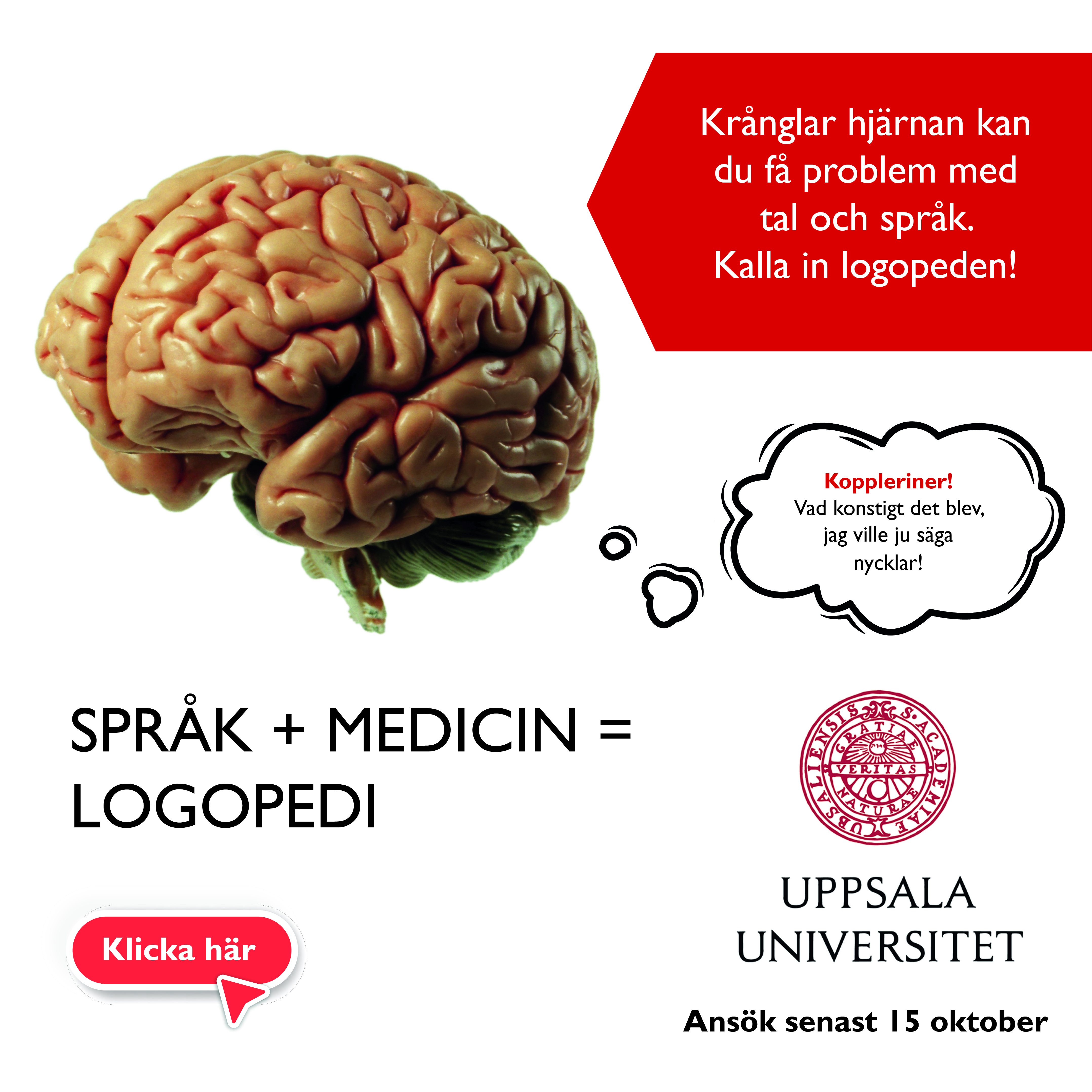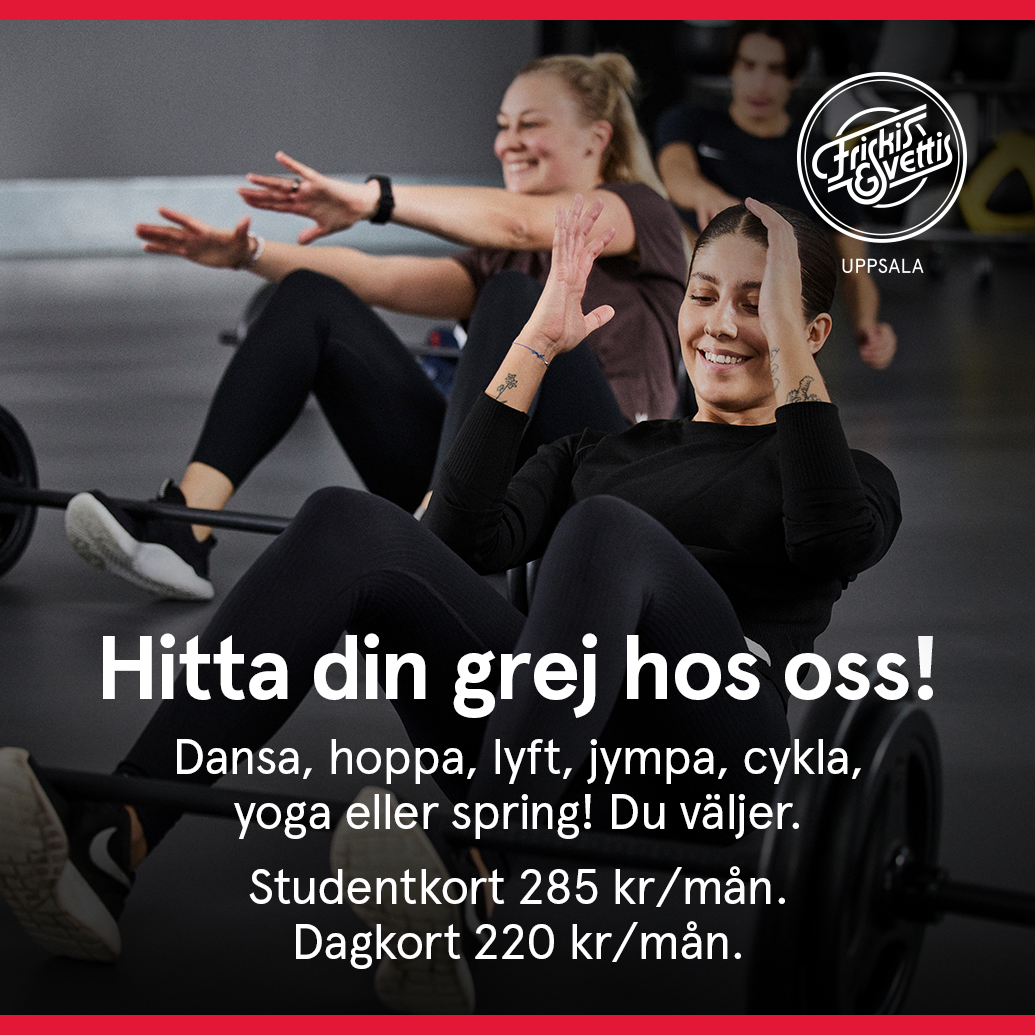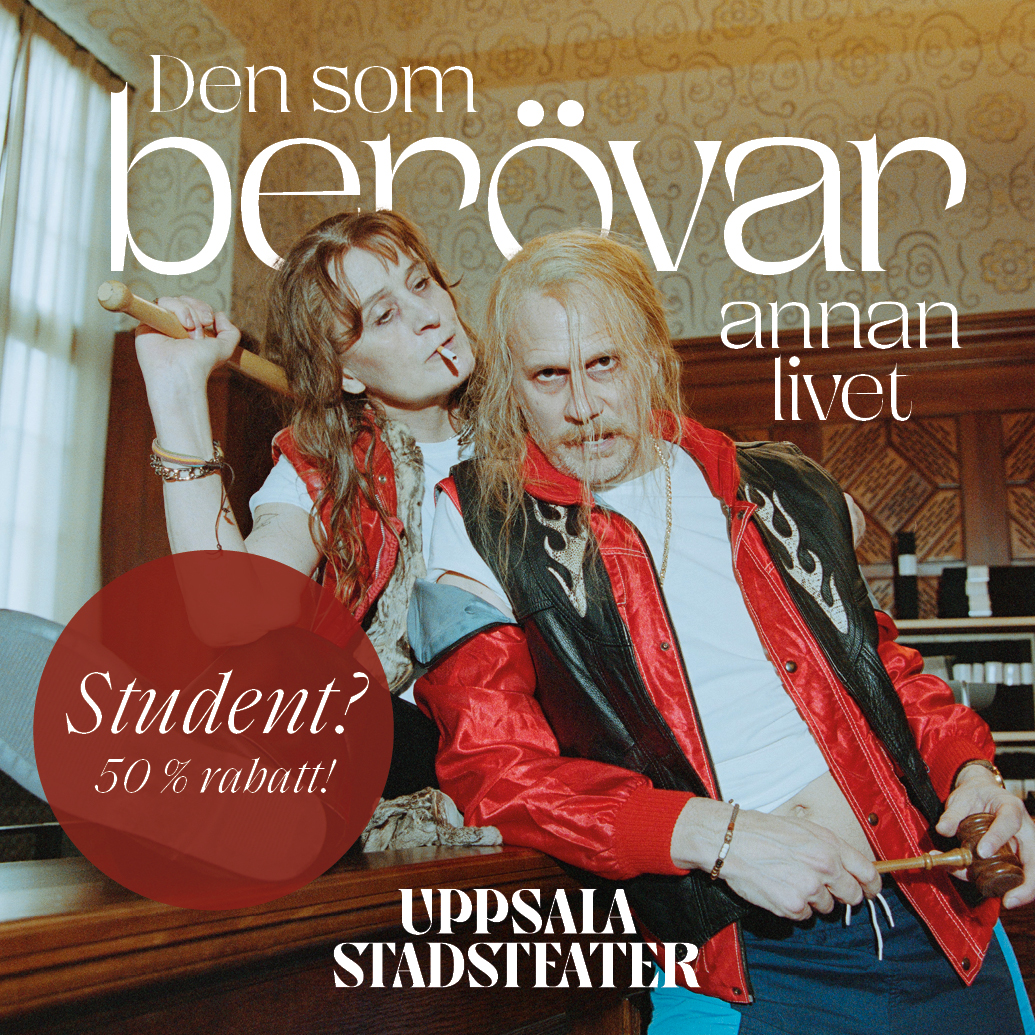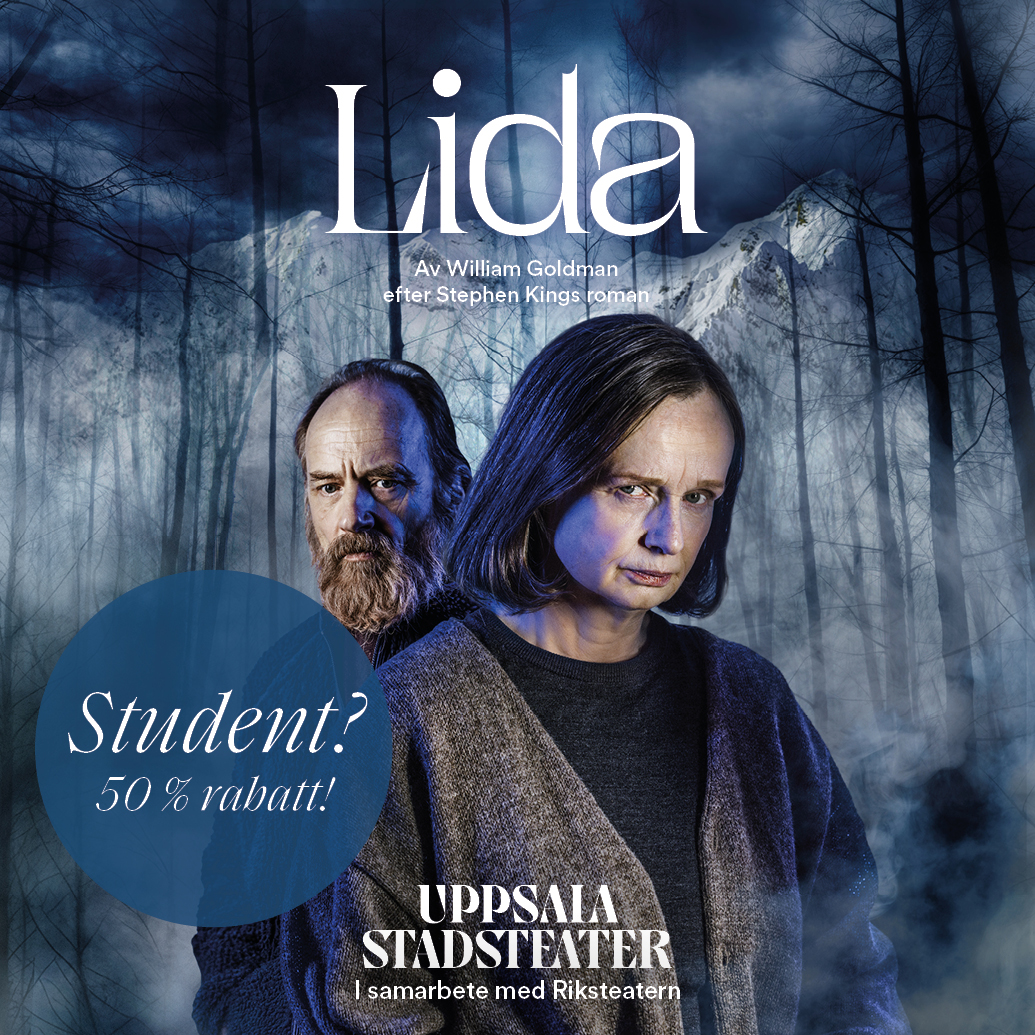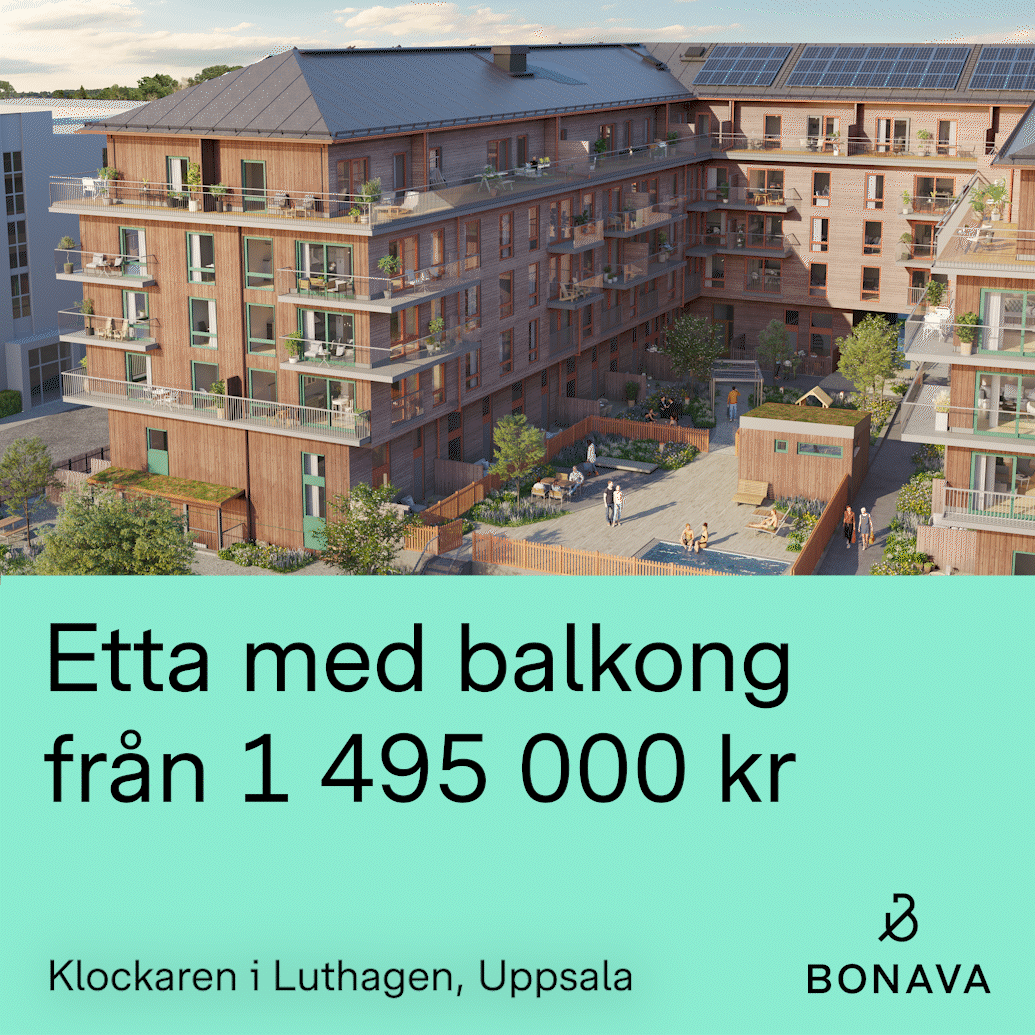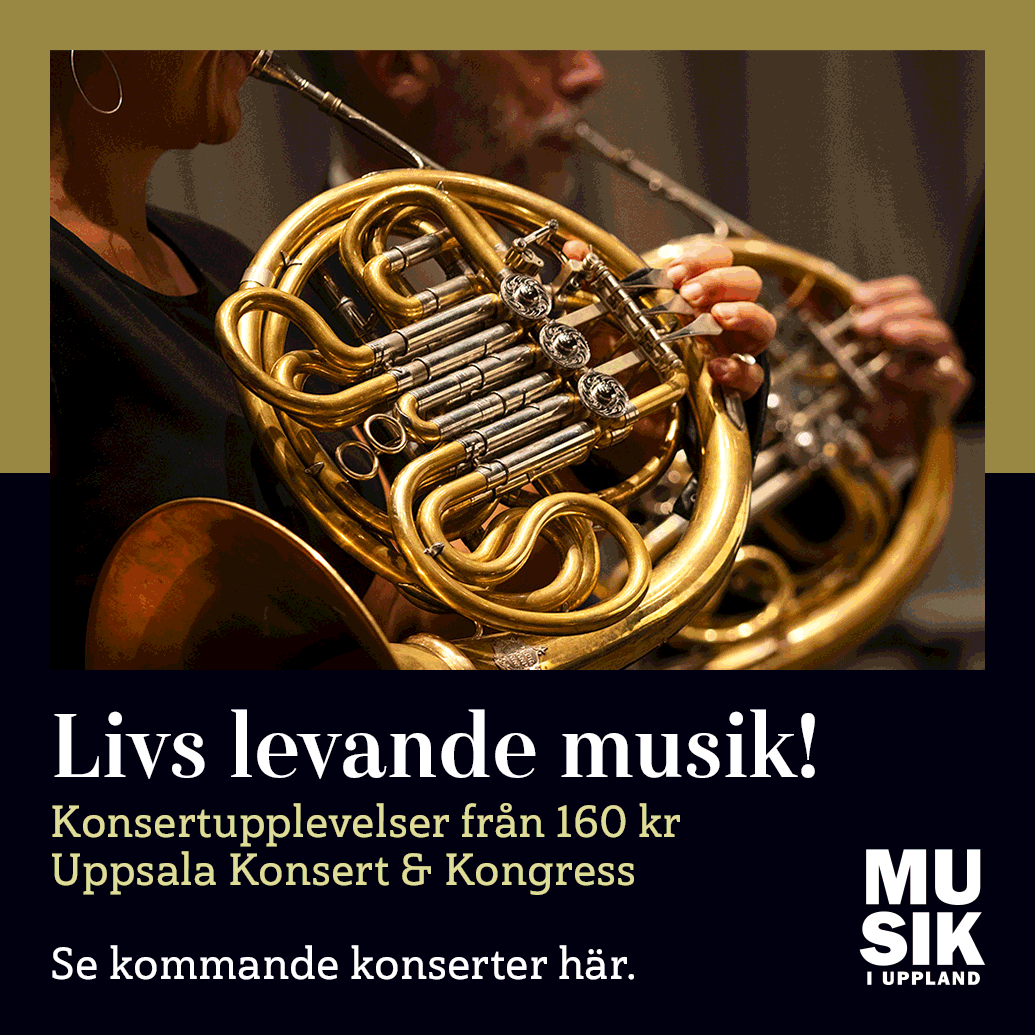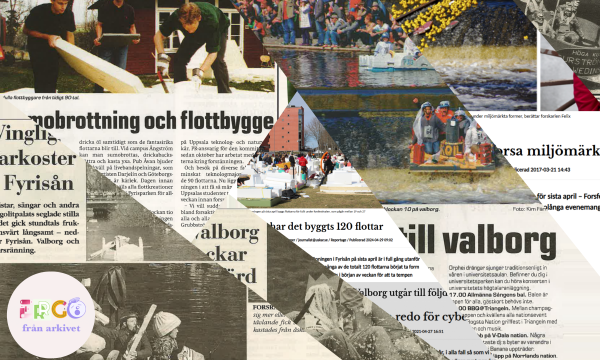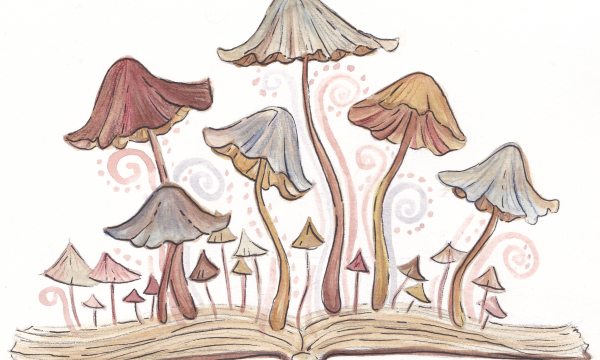
Covid-19: Survival Tales of Two Countries
International student Jueqin Wang has interviewed two Chinese students about how they perceive the Swedish approach to the pandemic in relation to their home country's.
The campus of Uppsala university came back to life in early August. Young energies effervescing in welcoming activities scatter all over the area, leaving the mute summer campus behind. On paper, although there are 4000 more students enrolled than last year, the university held the welcome reception ceremony online to obey the restriction on large scale public gatherings, together with other implementations to curb the spread of the virus. The fall semester of year 2020 began.
– I told my parents that we have resumed physical teaching. Of course, they were worried. And I went to lengths assuring them it is safe enough. Like the lower density. We’re only 10 students in my class, and I’ll put the mask on if necessary, etcetera, Lei tells me.
As a master student from Wuhan, he might be among the ones that have endured the longest Covid-19 timeline – since the end of December 2019.
It might be a cliche among sociologists that how your identify peers and relevant outside information could largely shape the perception of one’s life. And being an international student during the Covid-19 pandemic intensifies the collisions between Swedish and the foreigners’ cultures and societies. Dissemblances like the lack of hot drinking water, the prevalence of raincoat in daily attire, might be fairly trivial, benign and even interesting during normal times, whereas some seem to be a matter of life-or-death.
"I can barely stand that my teacher touched his nose during lecture. It is understandable when people are nervous, but my god, please don’t do that."
There is a family that only had access to the Covid-19 news from their emigrating country, where the parents assessed Swedish Covid-19 situation to such a severe degree that they locked their children indoors for months. It raised the awareness of the social work authority charging them of child abuse.
This might ring a bell with some international students to some degree. Faced with the novel global pandemic, the information is conflicting and mixed. How to balance the information from the unfamiliar society where one is physically situated and the innate society that one is more culturally habituated in, is unprecedentedly challenging.
– I always wanted to try the restaurant Pong, but I remember asking my Chinese friends to join me in February, no one wanted to go. I have witnessed the Swedes adapting accordingly as well. I didn’t have any gatherings for Easter with them in April, but for Kräftskiva, we threw a home-garden dinner, says another interviewee, Qijuan from the Chinese province Guangdong, when reflecting on her decision to suspend one year of study due to the pandemic;
– I made this decision driven by several things – the anxiety from my family and some close friends, as well as the ‘bad news’ that kept coming out. It took a while for me to realize that the alternative – staying in Sweden – is not necessarily as dangerous and stressful as I previously projected.
Worldwide, Sweden is typically perceived as the country with the least strict Covid-19 regulations.
– On one hand, I would say the authorities are somewhat incompetent, from the angle that other Nordics took action more quickly as well as having much lower infection rates Leisays, after some moments of thinking.
And he continues:
– Chinese news is more anxiety-triggering, strongly driven by the urge to stop the spread. They have done a lot, sacrificing lives and everything. One news story of an old man who contracted the virus just as he took off his mask for 10 seconds really stuck with me. The Swedish news is more matter-of-fact-ly, and discusses the issue more freely, even from some ‘eccentric’ perspectives.
Studying abroad is also about gaining valuable experience for international students. Lei says he quite misses the Ekonomikum library.
– I like to study in the libraries. Among other more significant things, I end up missing this a lot.
He also pays attention to hygiene details more
– I can barely stand that my teacher touched his nose during lecture. It is understandable when people are nervous, but my god, please don’t do that. Sometimes when I entered a room that previously held a class, the air smelled.
"For the Chinese, the Covid-19 pandemic is quite a tediously long football match."
Qijuan got an internship in her hometown now.
– I got a taste of how the researchers and the scientists do things back home, and I can’t help comparing it with what I learnt and experienced in Sweden. Though there are pros and cons, I do prefer the Swedish way. Lots of international students have experienced visa problems since this summer, I heard. Hopefully I will visit Sweden soon as a student, not a visitor.
Implementations of public health measures vary because of different governmental structures sometimes. One cannot grasp properly of how normal a speed it is without sufficient knowledge of governmental procedures involved in the process in a given country. Lei recalls some moments when he realized the fundamental differences.
–Mostly, Swedish government and its citizens have a relationship of mutual positive support. Citizens trust the abilities of the government, the transparency of information helps, and both parties trust each other to be responsible in doing the job. We have a different interaction cycle in China, which I am still trying to find a way to articulate…the Swedes are just more confident. Because of the way the government processes information, the citizens' perceptions of the consequences of getting the coronavirus are much less anxious.
Qijuan feels that it is rather risky to compare countries’ Corona strategies with each other.The goals of each country against Covid-19 is different from the very outset, which may explain the Swedish ‘mild’ approach. I don't think Chinese way to deal with Covid-19 is replicable in any other country, she says.
Liu feels that he has learned to adapt his strategies in coping with the pandemic on a personal level as well, which may differ from situation to situation.
– For the Chinese, the Covid-19 pandemic is quite a tediously long football match. The first half one had to endure the worries for the families, the second half is to fight it in a foreign country, and channel off the parents’ worries at the same time. That said, even if I went back in time, I would be the same anxious and lost, it won't change. It is inescapable. But we grow as we go. I have developed my own sense of judgement and measurements nowadays. I take actions according to specific situations. Like, whether it is a closed indoor environment, how dense it is populated. I have more confidence to execute and resume some part of ‘the normal life’.One thing I still can’t do, though, is watch Covid-19 documentaries, TV or movies on Wuhan or Chinese.
Liu concludes his interview with some words to other listening ears:
– Aerosol spreads of Covid-19 are proved to exist lately by French scientists, so take it seriously.
The names of Liu and Qijuan have been changed to protect their privacy.










